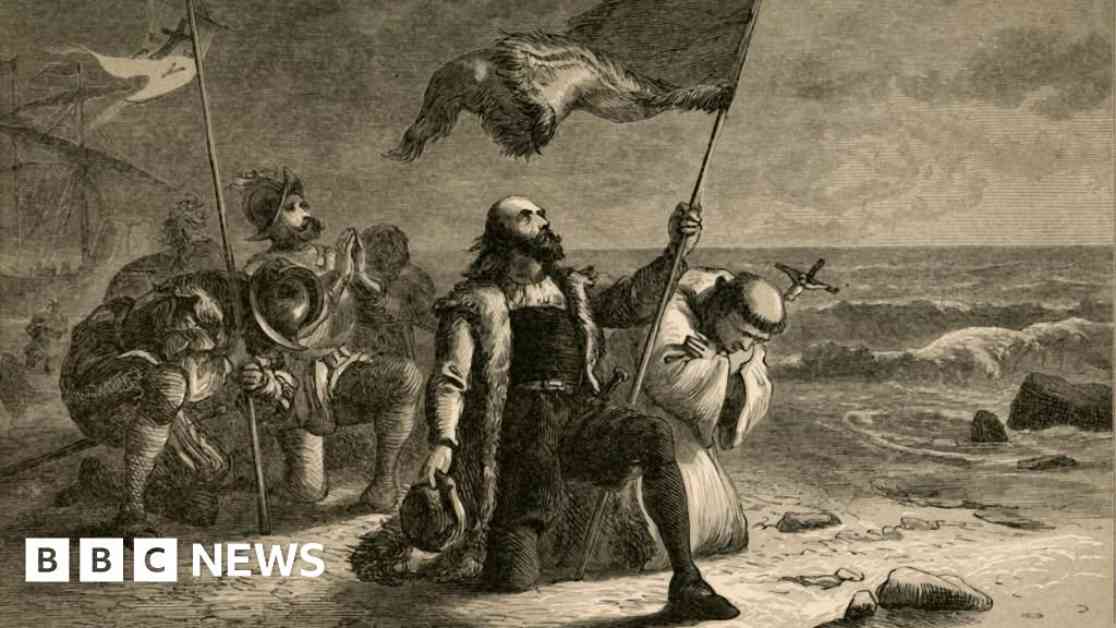Christopher Columbus, the renowned explorer known for his expedition across the Atlantic in 1492, has long been a figure of historical significance and debate. Recently, Spanish scientists conducted a groundbreaking genetic study to uncover more about his heritage, leading to some fascinating revelations.
Contrary to the traditional theory that Columbus was an Italian from Genoa, the new study suggests that he was likely Spanish and of Jewish descent. The scientists behind the research believe that Columbus may have been born in western Europe, possibly in the city of Valencia. It is speculated that Columbus concealed his Jewish identity or converted to Catholicism to avoid religious persecution, a common occurrence during that time.
The study, which began in 2003, involved examining DNA samples from what were believed to be Columbus’ remains, as well as from his son and brother. By comparing this genetic information with that of historical figures and the explorer’s relatives, the researchers were able to piece together a new narrative of Columbus’ origins.
The findings challenge the long-held beliefs about Columbus’s birthplace and background. It is now suggested that he lived in Spain and was Jewish, shedding new light on his motivations and the historical context of his expeditions. This discovery adds another layer of complexity to the already contentious debate surrounding Columbus and his legacy.
The implications of this study go beyond just Columbus himself. They offer insights into the religious and cultural dynamics of 15th-century Europe, particularly the persecution faced by Jewish and Muslim communities. By uncovering Columbus’ potential Jewish heritage, the study prompts a reexamination of the explorer’s actions and their impact on indigenous populations in the Americas.
As countries continue to claim Columbus as their own, the new genetic study provides a fresh perspective on his complex identity. It challenges existing narratives and invites further research into the diverse backgrounds of historical figures. The revelations about Columbus’s heritage serve as a reminder of the intricate connections between individuals, communities, and the broader historical context in which they lived.
Overall, the study’s results offer a compelling reevaluation of one of history’s most iconic figures. By delving into Columbus’s genetic heritage, the researchers have opened up new avenues for exploration and discussion, enriching our understanding of the past and the people who shaped it.


















